As Ocean Oxygen Levels Dip, Fish Face an Uncertain Future – Yale Environment 360
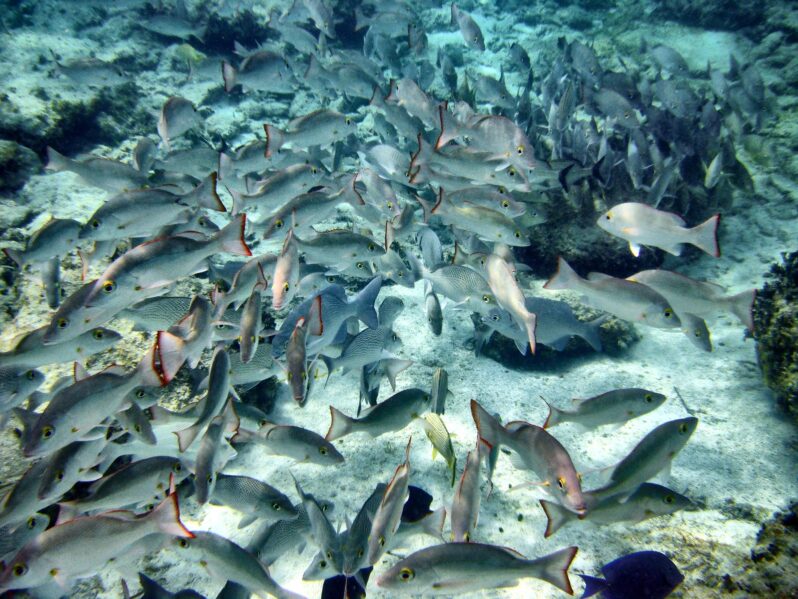
Global warming not only increases ocean temperatures, it triggers a cascade of effects that are stripping the seas of oxygen. Fish are already moving to new waters in search of oxygen, and scientists are warning of the long-term threat to fish species and marine ecosystems.
ff the coast of southeastern China, one particular fish species is booming: the oddly named Bombay duck, a long, slim fish with a distinctive, gaping jaw and a texture like jelly. When research ships trawl the seafloor off that coast, they now catch upwards of 440 pounds of the gelatinous fish per hour — a more than tenfold increase over a decade ago. “It’s monstrous,” says University of British Columbia fisheries researcher Daniel Pauly of the explosion in numbers…
In the Bahamas, a Constant Race to Adapt to Climate Change – the New York Times
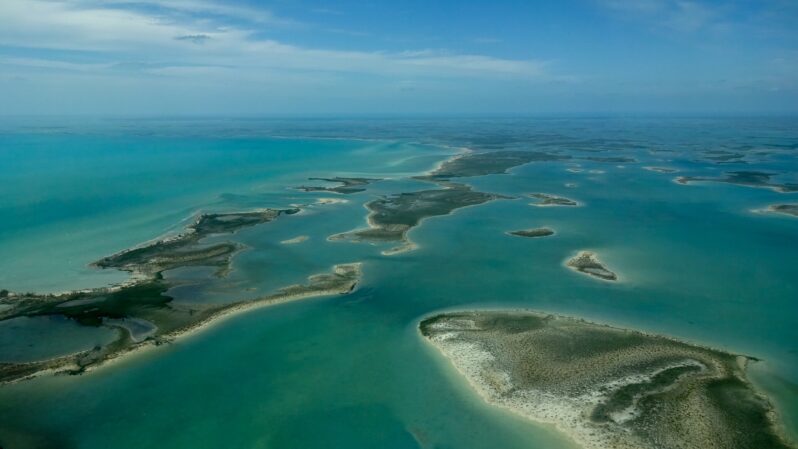
Rising seas and the ongoing threat of hurricanes and storm surges have forced the Caribbean nation to become a laboratory for climate adaptation.
At the United Nations climate summit in Egypt last year, Prime Minister Philip Davis of the Bahamas emerged as one of the most impassioned speakers among the more than 100 heads of state in attendance.
“We have to believe that a safer, better future is possible,” he told the gathering. “We believe that action — real, concerted action — can save the planet and save our human race…”
In Vietnam, the mighty Mekong’s banks are crumbling as illegal sand miners run riot – South China Morning Post
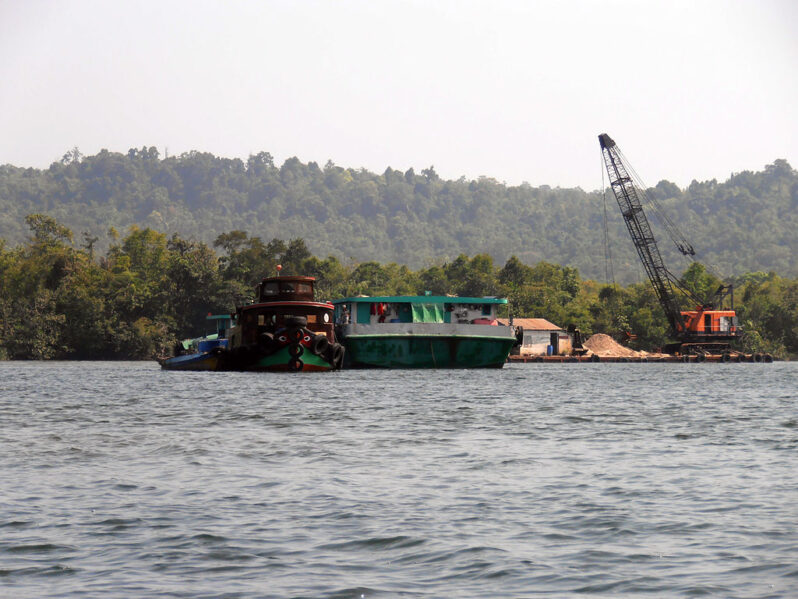
When the retaining wall of Vietnamese fish farmer Ho Thi Bich Tuyen’s catfish pond collapsed into the Hau River several years ago, she knew who was to blame: illegal sand miners.
“They took the sand, and the riverbed just kept going lower and lower,” she said. “There were so many of them. The sand miners came close to the riverbank. So I told the local ward officials to shoo them away, but at night they came back again…”
A Plan to Avert a Vast Oil Spill Off Yemen Finally Moves Ahead – the New York Times
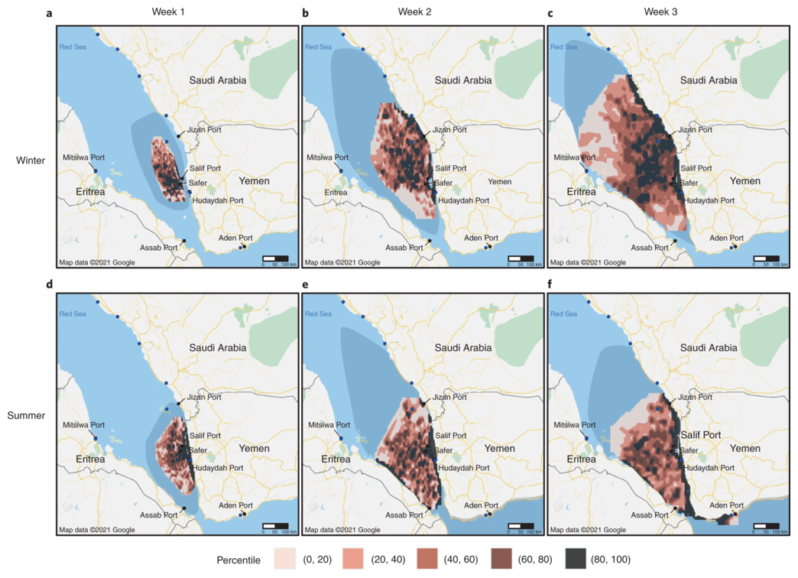
A decaying tanker holds about four times the amount of oil leaked in the 1989 Exxon Valdez disaster. Experts have warned that it is an ecological time bomb that could explode or disintegrate at any moment…The tanker is moored north of the port city and was once the site of fierce battles in the country’s eight-year-old war, which created one of the world’s worst humanitarian crises…
El Niño and extreme Atlantic Ocean heat are about to clash – the Conversation
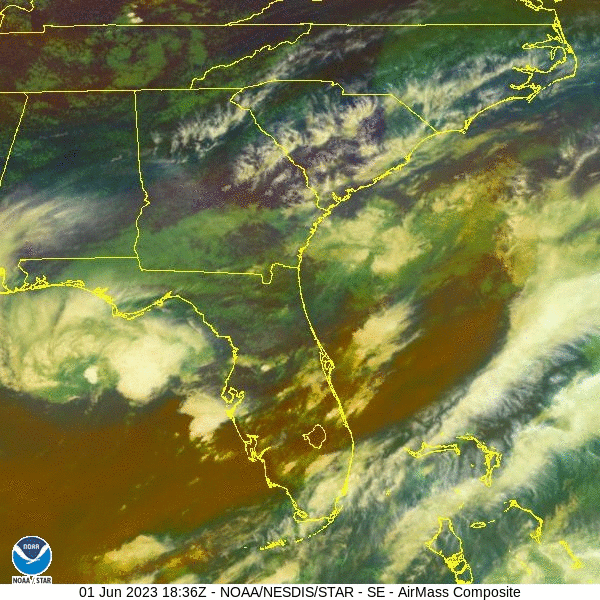
Globally, warm sea surface temperatures that can fuel hurricanes have been off the charts in the spring of 2023, but what really matters for Atlantic hurricanes are the ocean temperatures in two locations: the North Atlantic basin…This year, the two are in conflict – and likely to exert counteracting influences on the crucial conditions that can make or break an Atlantic hurricane season. The result could be good news…But forecasters are warning that that hurricane forecast hinges on El Niño panning out…
New York City is slowly sinking under the weight of its very tall buildings – News Corps Australia

One of the world’s top tourist destinations — New York City — is sinking under the weight of its tall buildings.
A new study looking at measurements from satellites in space and analysing* layers of the Earth has found the weight of New York’s skyscrapers* is proving too much for the soil beneath them to handle…..
Fossil-Fuel Interests Try to Weaken Global Plastics Treaty – Scientific American
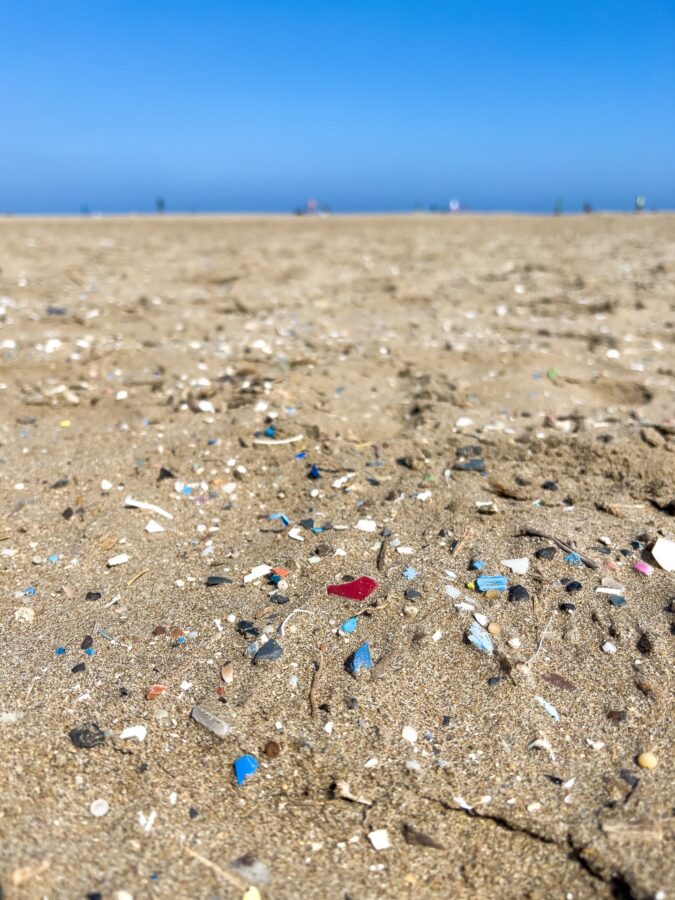
An international effort to rein in plastic pollution is running into resistance from China, Saudi Arabia and other nations that see a future in plastics amid declining demand for oil, gas and coal. That debate is playing out over the terms of a prospective global treaty that could set limits on plastic production and consumption. Environmentalists last year scored a landmark victory when 175 countries agreed to write a treaty designed to address the problems with plastic…
The Tiny Craft Mapping Superstorms at Sea | Interactive – the New York Times
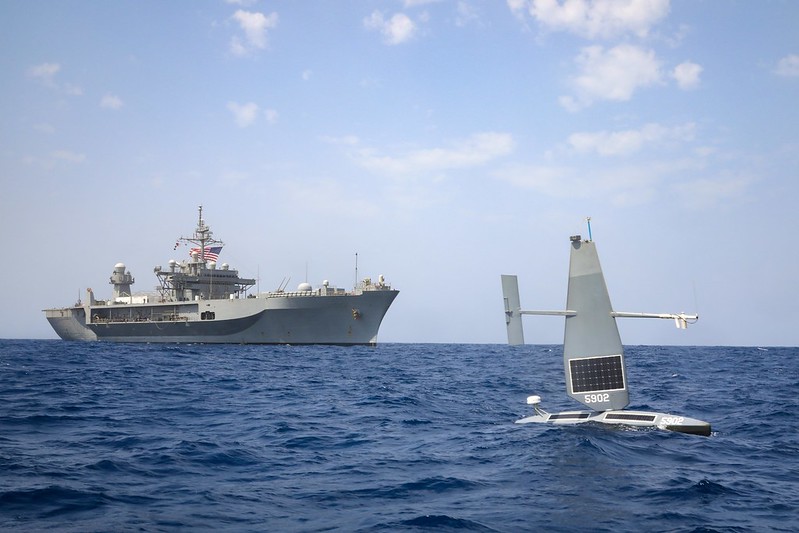
Shortly after dawn on Sept. 30, 2021, Richard Jenkins watched a Category 4 hurricane overrun his life’s work. The North Atlantic storm was a behemoth — 50,000 feet tall and 260 miles wide. Wind circled the eye wall at 143 miles per hour; waves the size of nine-story apartment buildings tumbled through a confused sea. Puerto Rico lay 500 miles to the southwest; Bermuda was 800 miles straight ahead. Eighty miles northwest, the 23-foot boat that Jenkins had designed and built over the last decade struggled to stay upright…
Students and Faculty at Ohio State Respond to a Bill That Would Restrict College Discussions of Climate Policies – Inside Climate News

Keely Fisher chose to pursue her Ph.D. at Ohio State University because she wanted to learn about climate change from a world-class faculty. Now one year into her program, she wonders if she belongs here.The problem has nothing to do with Ohio State and everything to do with the Ohio General Assembly and a proposal that would regulate higher education. The wide-ranging bill includes a provision that designates climate policy as a “controversial belief or policy” and says faculty must “encourage students to reach their own conclusions…
